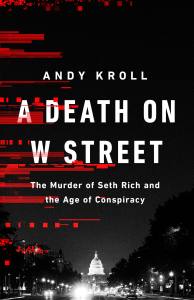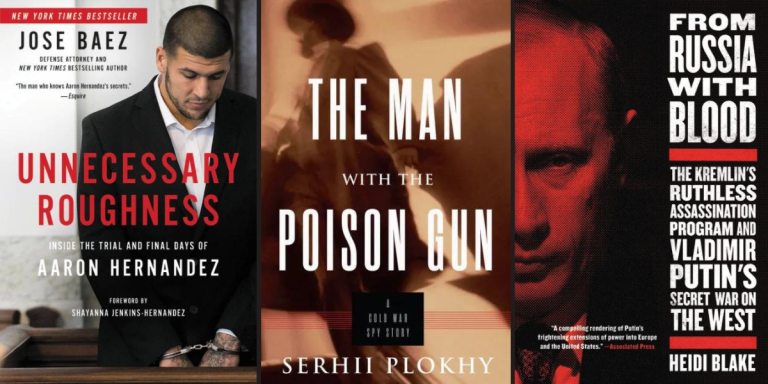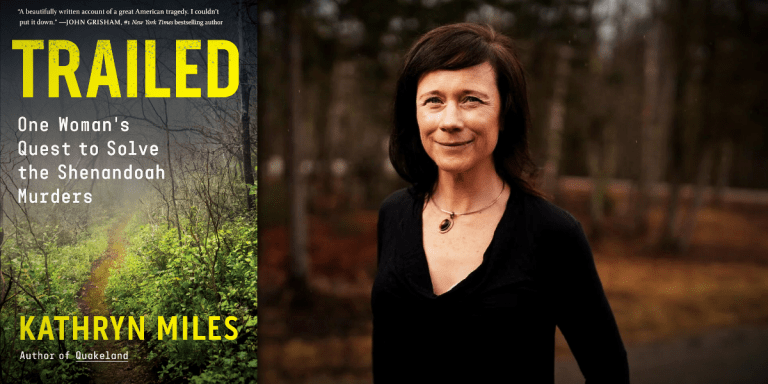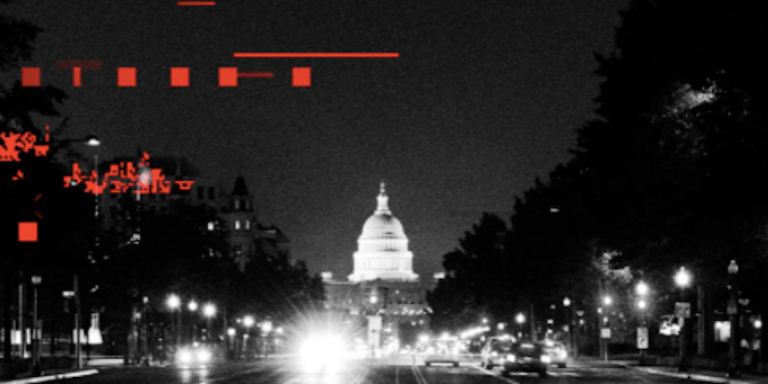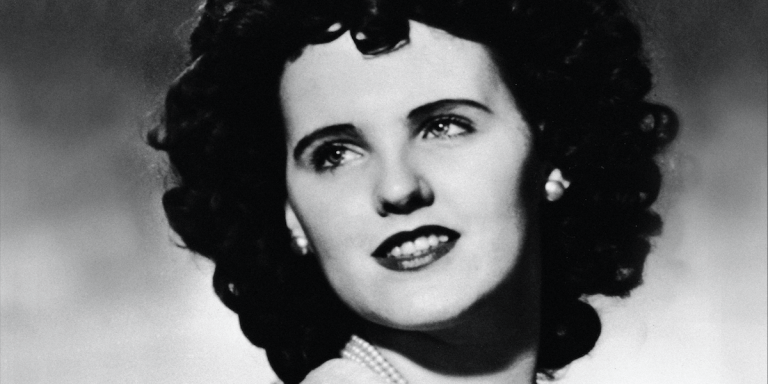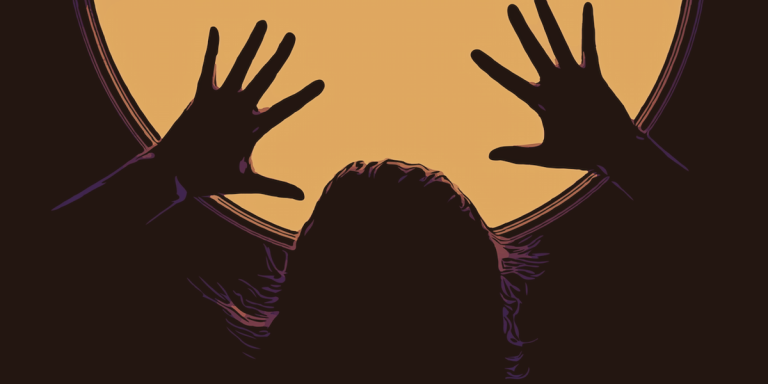A Death on W Street: A Look at American Culture in NonFiction and True Crime
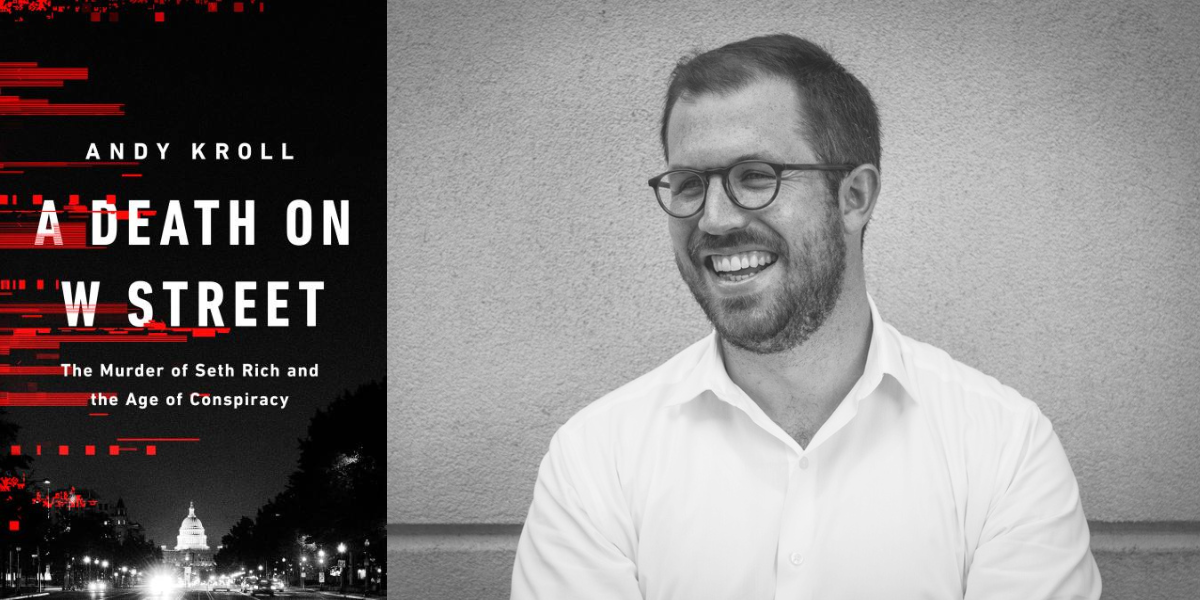 As a nonfiction storyteller, the hardest part of my job isn’t the slow churn of the reporting process or the torturous work of putting words onto the page. The biggest challenge is finding a great story idea in the first place, the thrilling alchemy of character and plot, mystery and momentum, that keeps readers turning the page. For me, the best true stories capture something essential about the human condition—love, death, ambition, revenge— through the narrowest of lenses. Such stories fit the world through the eye of a needle.
As a nonfiction storyteller, the hardest part of my job isn’t the slow churn of the reporting process or the torturous work of putting words onto the page. The biggest challenge is finding a great story idea in the first place, the thrilling alchemy of character and plot, mystery and momentum, that keeps readers turning the page. For me, the best true stories capture something essential about the human condition—love, death, ambition, revenge— through the narrowest of lenses. Such stories fit the world through the eye of a needle.
A Death on W Street is the story of a young political staffer named Seth Rich who was murdered in Washington, DC. In the absence of an arrest, Rich’s life and death became a worldwide conspiracy theory, a Fox News rallying cry, and a cautionary tale of the modern culture wars. Yet the book tackles questions about what’s happened to truth in American culture, the role of social media in our lives, and why people believe conspiracy theories such as QAnon or Stop the Steal. The books I’ve chosen do a masterful job of weaving together gripping personal stories and bigger themes and ideas about politics, technology, justice, and more.
There are enough books about the years of sectarian violence in Northern Ireland known as "the Troubles" to fill a bookshelf, floor to ceiling. Yet Keefe found a new path through this well-trod ground. He braids together the mysterious disappearance of Jean McConville, a mother of 10 children living in Belfast, and the complicated lives of two firebrand sisters, Dolours and Marian Price, who served in the IRA alongside future Sinn Fein leader Gerry Adams. Like Keefe, in A Death on W Street I weave together characters well-known and obscure, from Fox News anchor Sean Hannity to the Chuck Taylor-wearing prosecutor searching for Seth Rich's killer, all of them bound together by what I call a true-crime story for the post-truth era.
An environmental lawsuit is an unlikely subject for a page-turning thriller. Harr's masterpiece is exactly that, unfurling the decade-long saga of one lawyer's crusade to win a verdict for a group of Massachusetts families who were allegedly poisoned by a nearby chemical plant. I've always admired how Harr doesn't reduce this courtroom battle to a trite tale of heroes and villains. And in the plaintiff's lawyer Jan Schlichtmann, Harr found a character at once flawed and virtuous, admirable and infuriating. As I wrote A Death on W Street, I reminded myself that every character in the book was nuanced, complicated, a mix of motivations and mentalities.
This was one of those books where the hours melted away every time I sat down to read it. The way Cooper hops between two timelines—the mysterious 1969 murder of a Harvard graduate student and Cooper's present-day search for who committed the crime—is masterfully done. Her writing style is lively, approachable, even funny, like listening to a scary tale around a campfire with a group of friends. Initially, I resisted putting myself into A Death on W Street. Cooper's book showed me that sometimes a nonfiction mystery needs the author's voice, a familiar face leading the reader down a darkened path.
About the Author
Andy Kroll is an investigative reporter for ProPublica, where he covers voting, politics, and threats to democracy. He is the former Washington bureau chief for Rolling Stone magazine, where he wrote extensively about the Seth Rich case. He has also written for Mother Jones, National Journal, and The California Sunday Magazine. He lives in Washington, DC. This is his first book.
In the early hours of July 10, 2016, gunshots rang out and a young man lay fatally wounded on a quiet Washington, DC, street. But who killed Seth Rich? When he was buried in his hometown, his rabbi declared: “There are no answers for a young man gunned down in the prime of his life.” The rabbi was wrong. There were in fact many answers, way too many.
In the absence of an arrest, a howling mob filled the void. Wild speculation and fantastical theories surfaced on social media and gained traction thanks to a high-level cast of provocateurs. But it wasn’t until Fox News took the rumors from the fringes to the mainstream that Seth Rich’s life and death grew into something altogether unexpected—one of the foundational conspiracy theories of modern times.
A Death on W Street unravels this gripping saga of murder, madness, and political chicanery, one that would ensnare Hillary Clinton and Steve Bannon, a popular pizzeria in northwest DC and the most powerful voices in American media. It's the story of an idealistic twenty-seven-year-old political staffer who became a tragic victim of the culture wars, until his family decided that they had no choice but to defend his name and put an end to the cruel deceptions that surrounded his death.
This is the definitive story of Seth Rich, of those who tried to weaponize his memory in a war of words unlike any other, and of one family’s crusade to protect the truth against all odds.
By clicking 'Sign Up,' I acknowledge that I have read and agree to Hachette Book Group’s Privacy Policy and Terms of Use
WHAT TO READ NEXT

